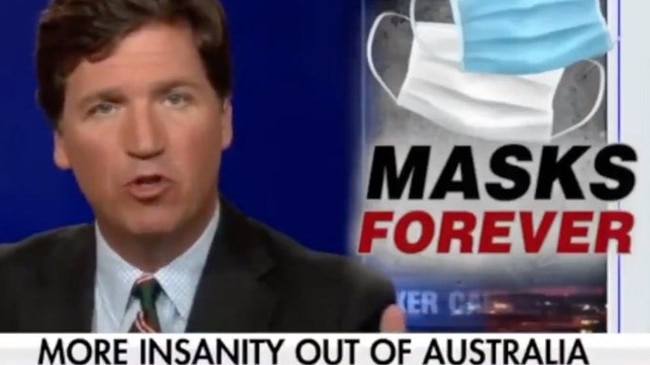
5. Repurposing outback mining accommodation into international arrival bungalows is not the same as running a concentration camp. Concentration camps are bad because they brutalise political prisoners, not because they look ugly in aerial photos. pic.twitter.com/uglSbec4xQ
— ð•ð• ð•¤ð•™ ð•Šð•«ð•–ð•¡ð•¤ (@joshzepps) September 6, 2021
There’s much to criticise about Australia’s Covid policies, particularly our bungled vaccine rollout and our failed Covid-zero strategy, both of which have led to prolonged lockdowns and border closures. We have suffered under arbitrary rules such as curfews that have been implemented with little evidence supporting their use. And citizens attempting to exercise their democratic right to protest have been met with a heavy-handedness that does not befit a free nation.
But the reality is that, as of writing, Australia has lost 1084 of its citizens to Covid; the US 660,000. Adjusting for population size, if Australia had failed its own people on a scale equivalent to that of America we would have lost 50,000 of our countrymen, a body count inconceivable to most of us.
Excess mortality deaths show an even starker contrast between the two nations. The Economist estimates the US incurred 250 excess deaths for every 100,000 people over the course of the pandemic, leading to an estimated death toll of 820,000. Australia, on the other hand, has not incurred an excess death rate at all (The Economist estimates it to be minus-17 per 100,000).
Excess deaths are not just deaths caused by Covid. They are calculated as excess deaths occurring from all causes during a crisis above and beyond what we would expect under normal conditions. In 2020, the US experienced a sharp spike in homicides, related to rioting and widespread lawlessness after the death of George Floyd. In contrast, and for reasons yet to be fully understood, Australia’s crime rate went into reverse.
Many policies implemented in the US would be unimaginable to Australians. In the state of Florida, which has had 48,772 Covid deaths so far, Republican Governor Ron DeSantis has banned schools from implementing mask mandates and banned private businesses from introducing vaccine mandates. Any private organisation, school or business that seeks proof of vaccination status can be fined $5000 per individual, with extra fines for businesses, government entities and schools. This is despite Florida (population 21.6 million) reporting 5721 Covid deaths in August alone.
Despite being awash with vaccines, only 53 per cent of Americans are fully vaccinated, with Australia soon to overtake the US in the proportion of citizens vaccinated with their first dose. Only Russians are more vaccine-sceptical than the Yanks.
The politics of vaccination in the US are profoundly discombobulated. Despite the fact that the available vaccines were developed under Donald Trump’s Operation Warp Speed, and despite the fact that Trump has been vaccinated himself (along with all other senior Republican officials), many on the right remain sceptical of inoculation. At a recent rally, Trump was booed when he recommended vaccines to the crowd.
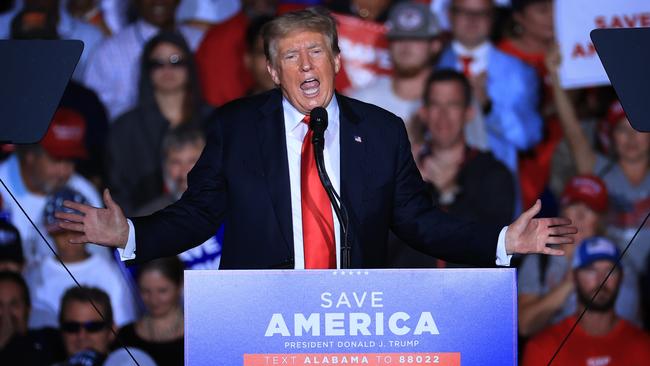
Ultimately, when Americans decry totalitarianism in Australia, it is not because they actually care about our policies. If they did, they would talk to Australians instead of circulating hyperbole and emotive soundbites lacking in context and relevant data. Australia is simply being used as a symbolic prop in the ongoing schism between America’s two culture-warring tribes.
And, despite our recent challenges, and contrary to what some in the US media might think, Australia remains a cohesive society. When our lockdowns end, it will be because the majority of us are vaccinated, and we will be confident that the most vulnerable among us have a layer of protection. Far from being a totalitarian state, we will soon be able to vote out the politicians who presided over our pandemic response in open and transparent elections. And we will have commissions and inquiries into what went wrong during the crisis, so similar mistakes are not made again.
Not afraid to judge societies on their relative qualities, former prime minister Paul Keating told Leigh Sales bluntly in 2016: “This society of ours is better than the United States. It’s more even, it’s more fair, we’ve had a 50 per cent increase in real income in the last 20 years. Median America has had zero … We have universal healthcare from cradle to grave … We don’t shoot our children in schools and if they were to be shot we’d take the guns off the people who shot them. The Americans do not do this.”
No country is perfect. But Australia remains a nation that still retains civic pride and community spirit. The past few weeks and months have been some of the hardest that we have lived through, and we still have a long way to go. But we should remember that we have not suffered the mass casualties that other nations have, and we should be conscious that each and every one of us has contributed to this common good. We should also remain hopeful that when we open up again, Australia will come back stronger than ever.
Claire Lehmann is founding editor of online magazine Quillette.


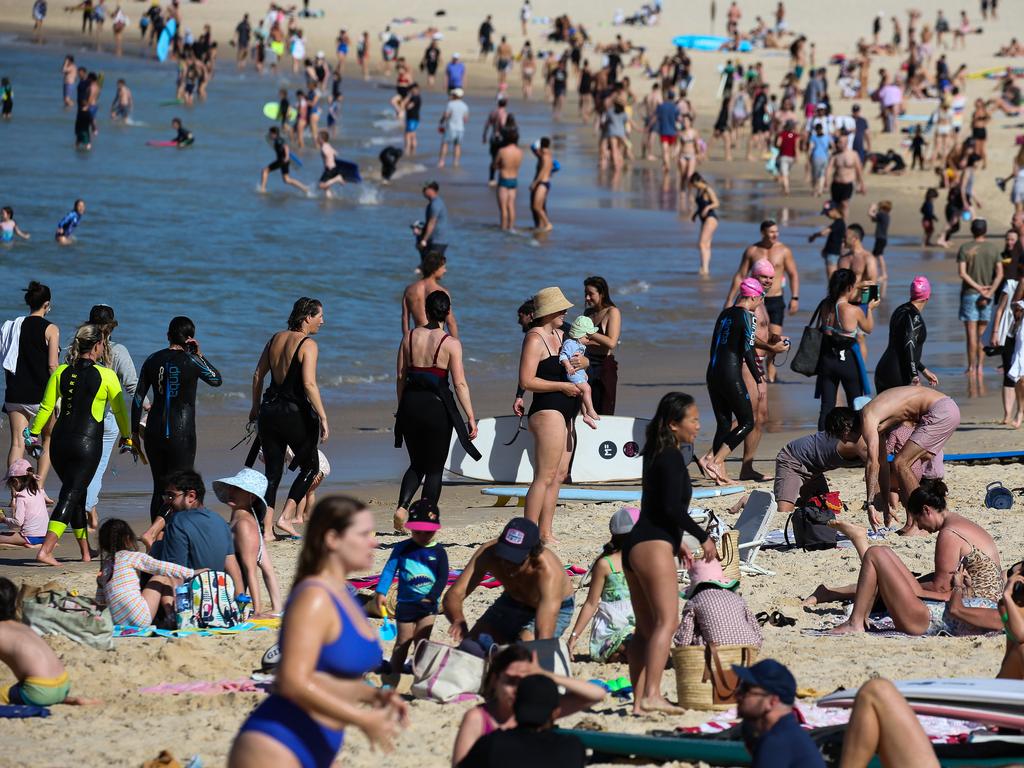
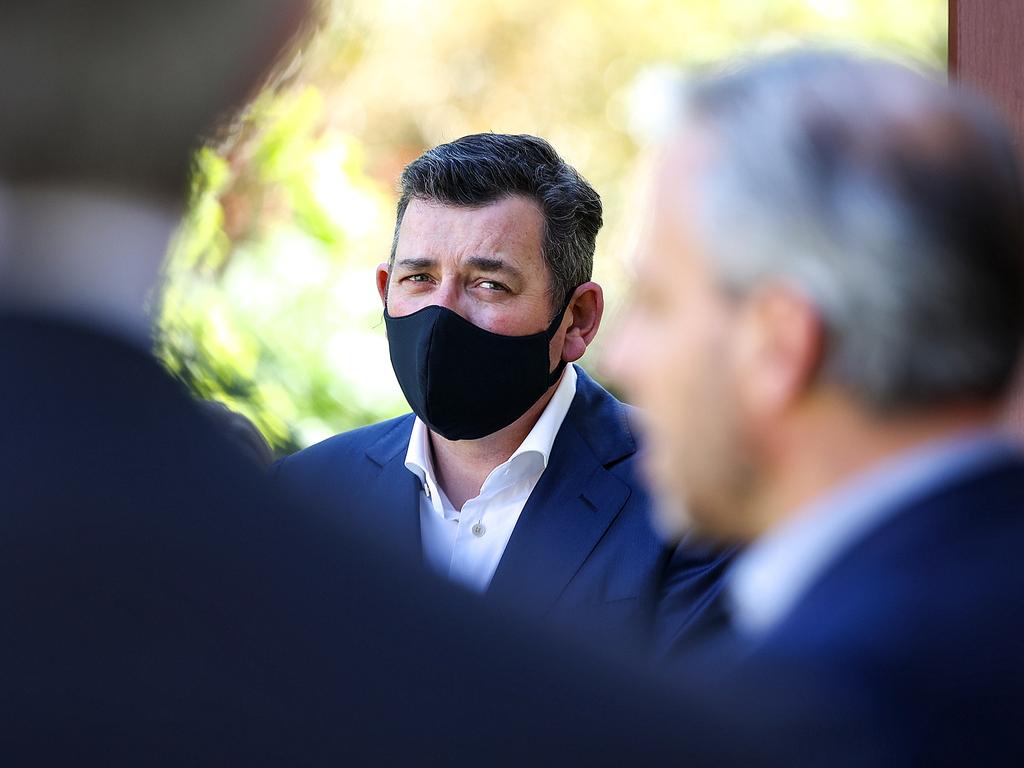
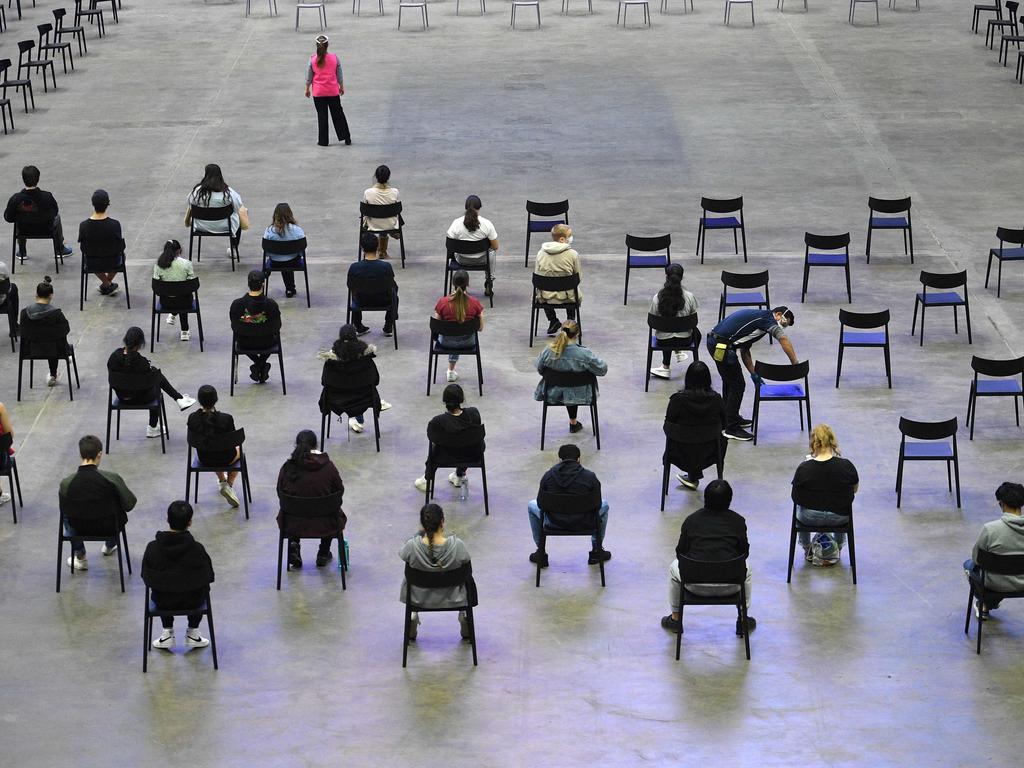
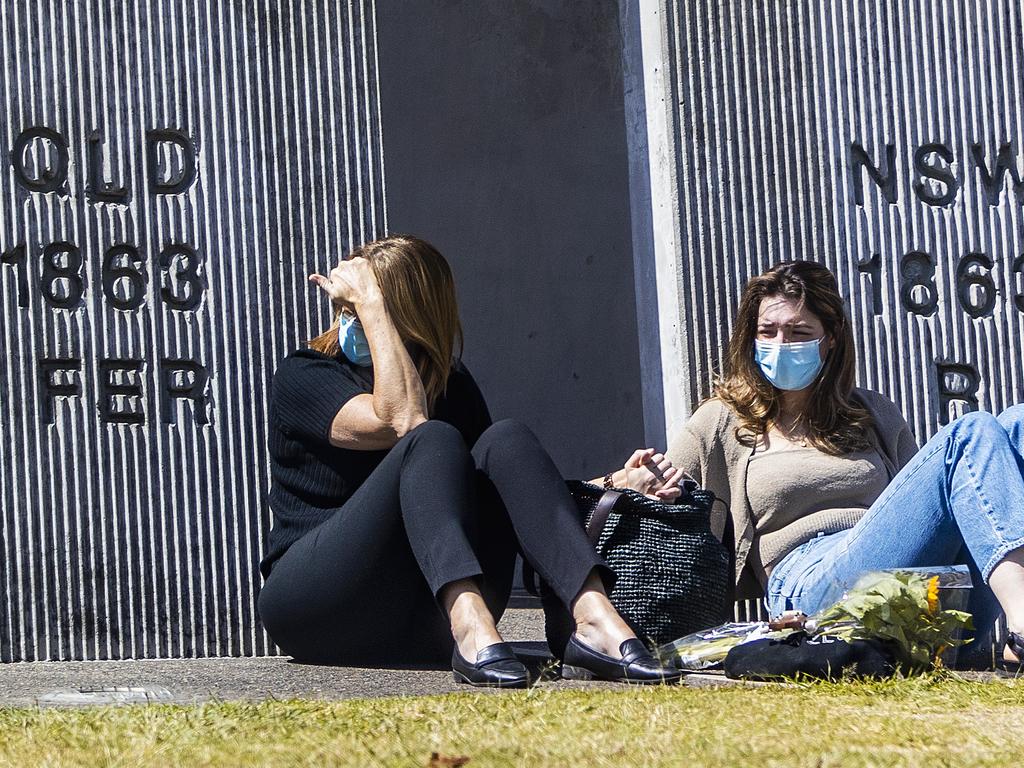


The international media spotlight has been shining on Australia lately, and not in a good way. Last week, the left-leaning Atlantic magazine published an article that asked, rhetorically, if we were still a liberal democracy. US TV host Tucker Carlson told his audience of three million viewers Australia has descended into totalitarianism and, on social media, popular US YouTube personality Tim Pool likened our quarantine facilities to concentration camps.